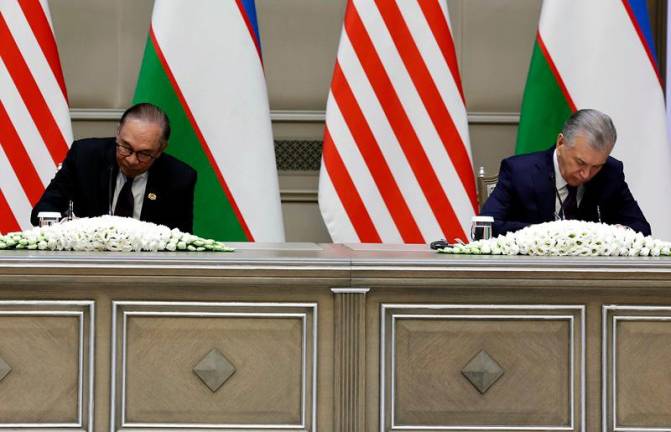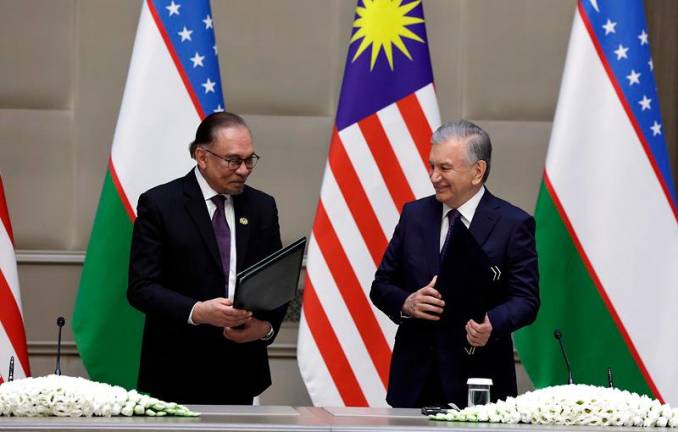KUALA LUMPUR: The government should consider including an “automatic discharge” clause in drafting the Covid-19 Act for small and medium-sized enterprises (SMEs) which had to file for bankruptcy due to the adverse impact of the Covid-19 pandemic .
Bank Islam SME advisor Datuk Dr Hafsah Hashim said the clause is important as it will enable the companies to resume operations after a certain period.
She said the “automatic discharge” clause is commonly used in Japan and the United Kingdom which is usually applicable after a period of three years.
“The (relevant) section of the act in Malaysia (Section 33A, Insolvency Act 1967) provides for a five-year period, however, it is not an automatic discharge because they need to apply to the director-general of insolvency.
“We need to know how we can apply the automatic discharge status. If the government can consider adding the ‘automatic discharge’ clause for SMEs after a period of one to two years in the Covid-19 Act that is currently being drafted, that will be good,” said Hafsah.
Additionally, in light of the diversified nature of businesses today -- particularly those relying on digital and technological platforms -- the government should consider allowing SMEs to use their intellectual properties as collateral in obtaining financing from financial institutions, including banks, she said.
She said this during Bank Islam’s webinar session titled “SMEs Post-MCO: Surviving The Shifting Landscape”.
The webinar also featured other panelists, such as Bank Islam’s chief executive officer Mohd Muazzzam Mohamed, chief economist Dr Mohd Afzanizam Abd Rashid and PricewaterhouseCoopers Working Capital Management leader Ganesh Gunaratnam.
Meanwhile, Mohd Afzanizam said SMEs should be able to gauge their value preposition through the latest Industrial Production Index (IPI) data, which indicated an increase in household expenditure.
“This is a good sign for SMEs because Malaysians are well known for their spending habits,” he said.
The IPI in May 2020 rose 18.2% month-on-month, as the government allowed more industries to resume operations since the implementation of Movement Control Order (MCO) in March.
If the country’s economy is able to recover to record a 3.5% growth next year and 4.7% in 2022, there is a high chance that the SMEs could achieved a 4.5% growth in 2021 and 5.8% in 2022, Mohd Afzanizam said.
However, if the MCO is re-enforced, he said, it will be difficult to achieve the targets as it will need to factor in inputs such as the growth of labour force, capital flow and unemployment rate, which will be disrupted due to limited economic activities. — Bernama










